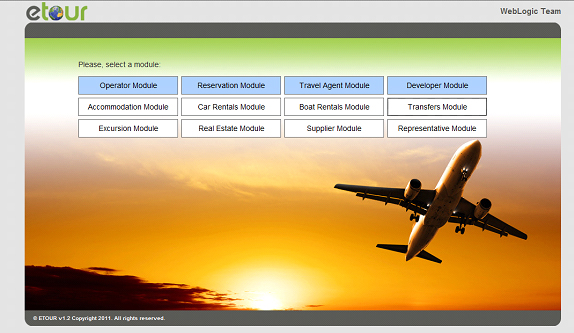The Definition of a Business Travel Agency

As the world gets smaller and communication technology brings people closer, businesses are branching out all over the globe. International business travel has become a necessity of business. Corporations can take on the expense of creating an entire travel department, but most opt to outsource the task to a business travel agency.
Business Travel
- Business travel extends the job duties beyond the normal workload and commute. The business pays the tab or reimburses the employee. Business travel agencies help by selling a complete travel package that would account for accommodations on the trip, transportation to get to business meetings, group packages and vacation incentives for employees. While on a business trip, you are expected to conduct yourself as if you were in the office. On trips, you represent the company.
Commissions
- Operating on behalf of airlines, hotel and rental car companies, commercial travel agencies sell packages as a third-party provider. For every booking, the airline or hotel will pay the agency a commission percentage. Commissions can range from 10 percent to 15 percent, depending on the agreement with the service providers.
Certification
- Business travel agencies must be certified, receive formal approval from legislating agencies and prove financial stability. For example, before agencies can work with airlines they must be approved by the International Airline Travel Agency Network. The U.S. Bureau of Labor Statistics reports in the Occupational Outlook Handbook that at least one of the managers must have experience and certification as a Certified Corporate Travel Executive, which can be obtained through the the National Business Travel Association.
Incentive Travel
- Business travel isn’t always used for meeting clients. It is also used as a method to reward employees for going the extra mile. Corporations hire commercial travel agents to create travel gift programs. In the book “The Tourism System,” Robert Christie Mill states, “Corporations pay for the incentive travel service either through a mark-up on the incentive package or on a fixed-fee basis.”
From the Corporation’s Perspective
- Travel agents have working relationships with travel service providers that can translate into financial savings. Businesses save time by leaving the calling, negotiating and coordinating to an agent. Agents have the knowledge about the destination, when the business traveler often doesn’t. One disadvantage is that some agents work under exclusivity contracts and don’t shop around for better deals.






